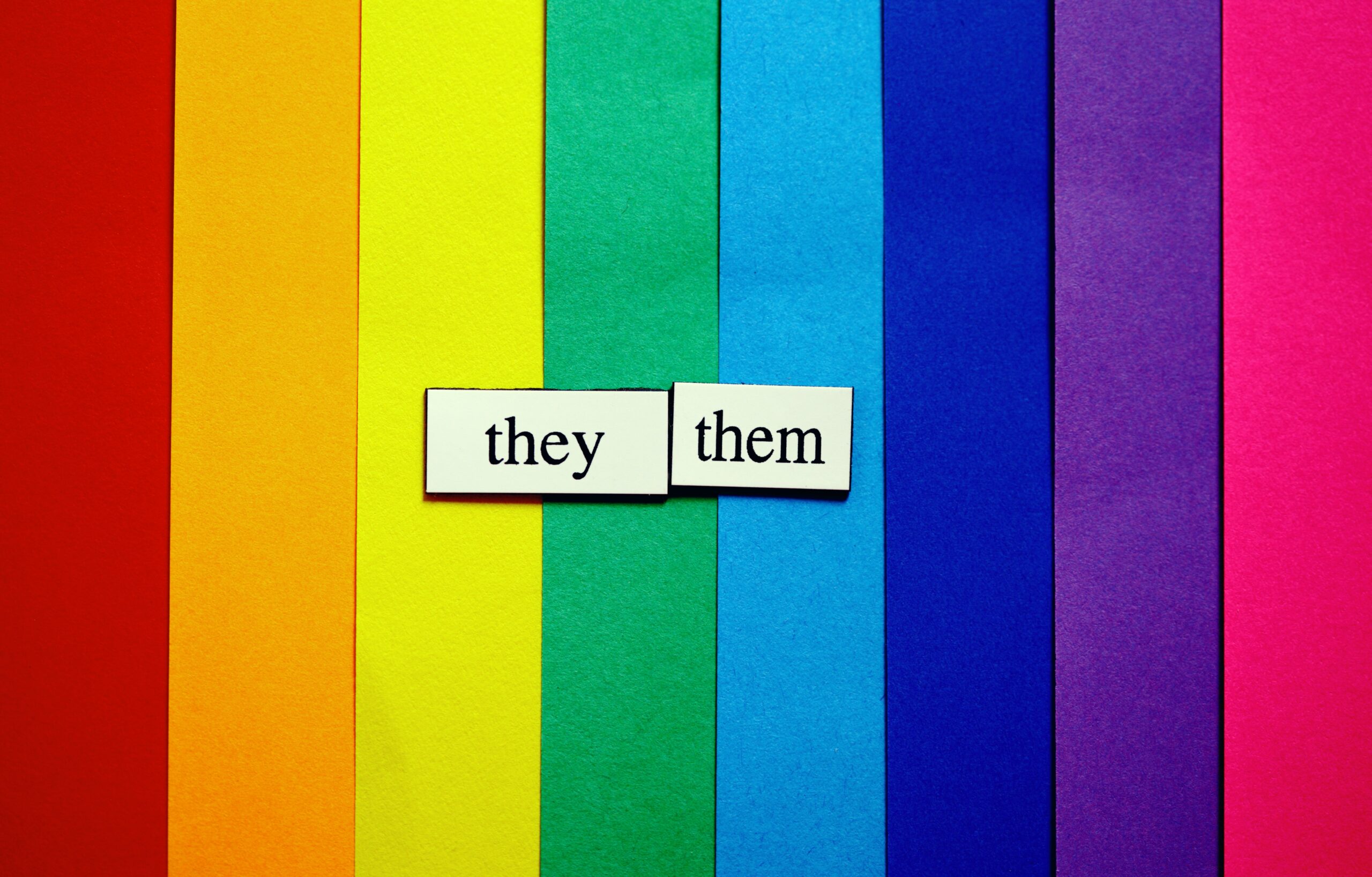The use of “they” as a singular pronoun has become increasingly common in recent years, particularly as a way to refer to individuals who identify as non-binary or genderqueer. However, there has been some debate about whether this usage is grammatically correct. In this essay, we will explore the grammar of “they” as a singular pronoun and consider the arguments for and against its use.
Historical Use
It is important to note that the use of “they” as a singular pronoun is not a new phenomenon. In fact, it has been used in English for centuries. The Oxford English Dictionary cites examples of “they” being used as a singular pronoun as far back as the 14th century. For example, Geoffrey Chaucer, in the Canterbury Tales, uses “they” to refer to a singular individual in the line “And whoso fyndeth hym out of swich blame, / They wol come up” (If anyone finds himself out of such blame, they will come up).
Modern Use
In modern times, the use of “they” as a singular pronoun has become more common, particularly in reference to individuals who identify as non-binary or genderqueer. This usage allows individuals to express their gender identity and feel seen and heard, without being forced to conform to the gender binary.
Grammar Arguments Against “They” as a Singular Pronoun
Those who argue against the use of “they” as a singular pronoun often cite grammar rules, such as subject-verb agreement, as the reason for their opposition. According to this argument, “they” is a plural pronoun and cannot be used to refer to a singular individual without violating grammatical rules.
Grammar Arguments in Favor of “They” as a Singular Pronoun
Despite these arguments, there are also grammatical reasons to support the use of “they” as a singular pronoun. For example, the use of “they” as a singular pronoun is consistent with the way that other singular pronouns, such as “you,” are used in English. “You” can refer to a singular or plural individual, depending on the context. Similarly, “they” can be used to refer to a singular individual, particularly when the gender of the individual is unknown or when gender neutrality is desired.
Another argument in favor of “they” as a singular pronoun is that language is constantly evolving and changing. As our understanding of gender and identity evolves, so too does our language. The use of “they” as a singular pronoun reflects this evolution and allows for a more inclusive and accepting language.
Conclusion
In conclusion, the use of “they” as a singular pronoun is a topic of debate among language experts and the general public. While there are arguments against its use based on grammar rules, there are also arguments in favor of its use based on consistency with other pronouns and the evolution of language. Ultimately, the decision to use “they” as a singular pronoun is a personal one, and should be based on respect for individual identities and a desire to create a more inclusive language.

Leave a Reply